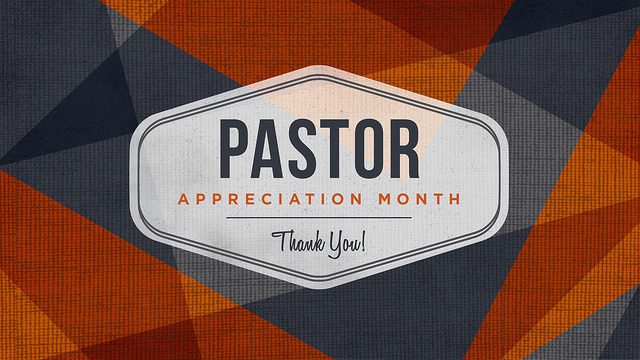The tax break given to pastors for their housing allowance has been thrown out by a Wisconsin federal court. When the ruling goes into effect–whether there will be an injunction preventing pastors from claiming the break immediately or whether the ruling will be stayed pending appeal–will be decided in a separate hearing on the “remedy” scheduled for October 30.
If this information gives you a sense of déjà vu, the same court and the same judge made the same ruling back in 2013. But it was thrown out on appeal.
At that time, the appeals court ruled that the ruling was invalid because the Freedom from Religion Foundation, the Wisconsin-based atheist organization known for filing suits like this, had no “standing” to sue. That is, the Foundation had not been harmed by the policy they were suing to overturn. Therefore, they had no grievance to adjudicate.
So this time, the head of the organization tried to write off his housing expenses on his tax return. After all, he leads a religious organization, sort of. And, at first, the IRS accepted his deductions! But then later, it reversed itself, thereby giving the Freedom from Religion Foundation “standing” for the lawsuit. They could now claim that religious organizations are receiving a government benefit that non-religious organizations are not allowed.
So this time, the federal judge ruled as she did before.
Might her ruling be overturned again? The appeal court did not rule on the merits of the case. I would suspect another appeal, if necessary, to the Supreme Court. But the ruling could still go into effect.
This would really put pastors and, in the LCMS, called teachers in a bind. (The benefit applies not just to Christian ministers but also to leaders in other religious institutions–rabbis, imans, etc.)
Churches used to provide their pastors housing in parsonages. These were tax-exempt, as church property. Later, in the home-ownership revolution, pastors wanted to own their own homes. Churches sold their parsonages and switched to giving pastors a housing allowance. The way it worked was that up to half of a minister’s salary could be designated as a housing allowance. Pastors, or in some churches teachers and other church professionals, had to keep records of what they spent on housing, which could include not only rent or mortgage expenses but also the cost of utilities, furniture, appliances, etc. That amount comes off the top of the salary, often putting the church workers in a lower bracket than they would be otherwise.
This amounted to a significant tax savings and thus an important enhancement to a church worker’s salary.
If this ruling stands, congregations should do what they can to make up for what will amount to a major cut in pay.
But there is a bigger issue at stake. Some fear that this precedent could lead to the loss of churches’ tax exempt status. (The argument would be, why should churches be exempt from having to pay property taxes when non-religious organizations have to pay them? That is the government favoring religion!) See this and this.
You pastors, how would the loss of your housing allowance affect you?
Interestingly, some congregations are returning to the parsonage system as a way of allowing their pastors to live in areas with high housing costs. Is that a benefit you pastors would like to see return?
Or should congregations just pay their pastors a higher salary?
Illustration by New Life Church Collingwood, Flickr, Creative Commons License













